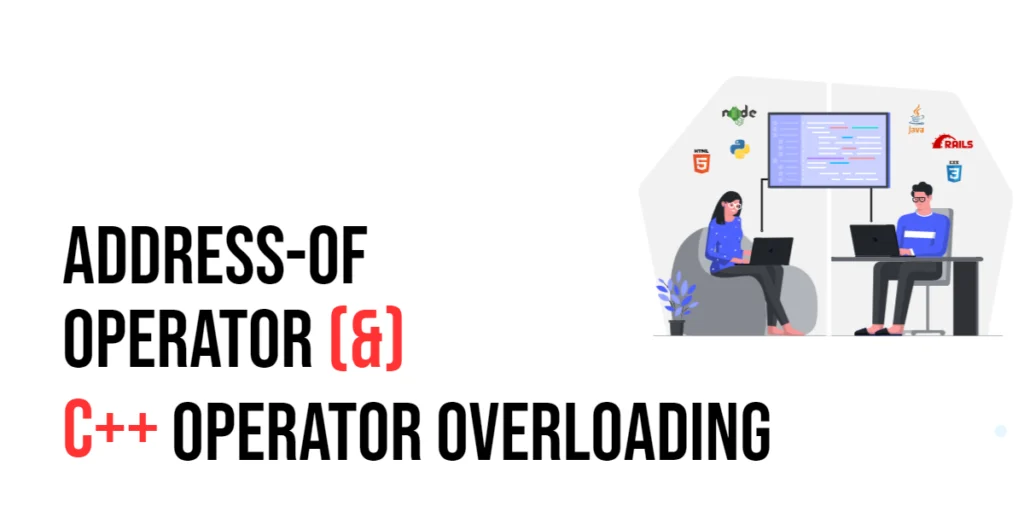Dart, the programming language developed by Google, has gained popularity for its simplicity, efficiency, and versatility. One of the key features that contribute to Dart’s effectiveness is its support for constants. Constants are important in programming for they provide a way to define values that remain unchanged throughout the execution of a program. In this article, we will explore Dart constants, their types, and use cases.

with hands-on learning.
get the skills and confidence to land your next move.
What are Constants?
In Dart, a constant is a variable whose value cannot change after it has been initialized. Constants provide a way to create unmodifiable values, ensuring data integrity and promoting code reliability. Dart supports various types of constants, each serving different purposes in the language: compile-time constants and runtime constants.
Compile-time Constants
Compile-time constants are values known and evaluated at compile time. Dart supports various types of compile-time constants, including numbers, strings, booleans, and more.
Numeric Constants
Numeric constants include integers, doubles, and expressions that can be evaluated at compile time.
void main() {
const int a = 42;
print('The value of a is: ${a}.');
const double b = 3.14;
print('The value of b is: ${b}.');
const int sum = a + 10; // Compile-time expression
print('The value of sum is: ${sum}.');
}String Constants
String constants represent sequences of characters and can also be used as compile-time constants.
void main() {
const String name = 'Dart';
print('The value of name is: ${name}.');
const String greeting = 'Hello, $name!';
print('The value of greeting is: ${greeting}.');
}Boolean Constants
Boolean constants are either true or false and are used to represent truth values.
void main() {
const bool isDartFun = true;
print('Dart is Fun: ${isDartFun}.');
}Runtime Constants
Runtime constants are values determined during program execution but treated as constants once assigned.
void main() {
final DateTime currentTime = DateTime.now();
print('The current time is: ${currentTime}.');
final String appVersion = '1.0.0';
print('The app version is: ${appVersion}.');
}In this example, currentTime and appVersion are constants, but their values are determined at runtime. While final variables can only be assigned once, they may be assigned a value at runtime, making them runtime constants.
int getIntegerValue() => 45;
void main() {
final int runtimeInt = getIntegerValue();
print('The value of runtimeInt is: ${runtimeInt}.');
}In the example above, runtimeInt is a final variable assigned a value returned by the getIntegerValue function at runtime. This is something constants declared using the const keyword wouldn’t allow because method invocations aren’t considered constant expressions. This is due to the fact that a function is evaluated at runtime.
Conclusion
Dart constants provide a powerful mechanism for creating immutable values, enhancing code predictability, and enabling compiler optimizations. By understanding how to declare and use constants, you can make your Dart code more robust and maintainable. Whether you are working on a small project or a large codebase, leveraging constants in Dart is a valuable practice that contributes to the overall quality of your code.







